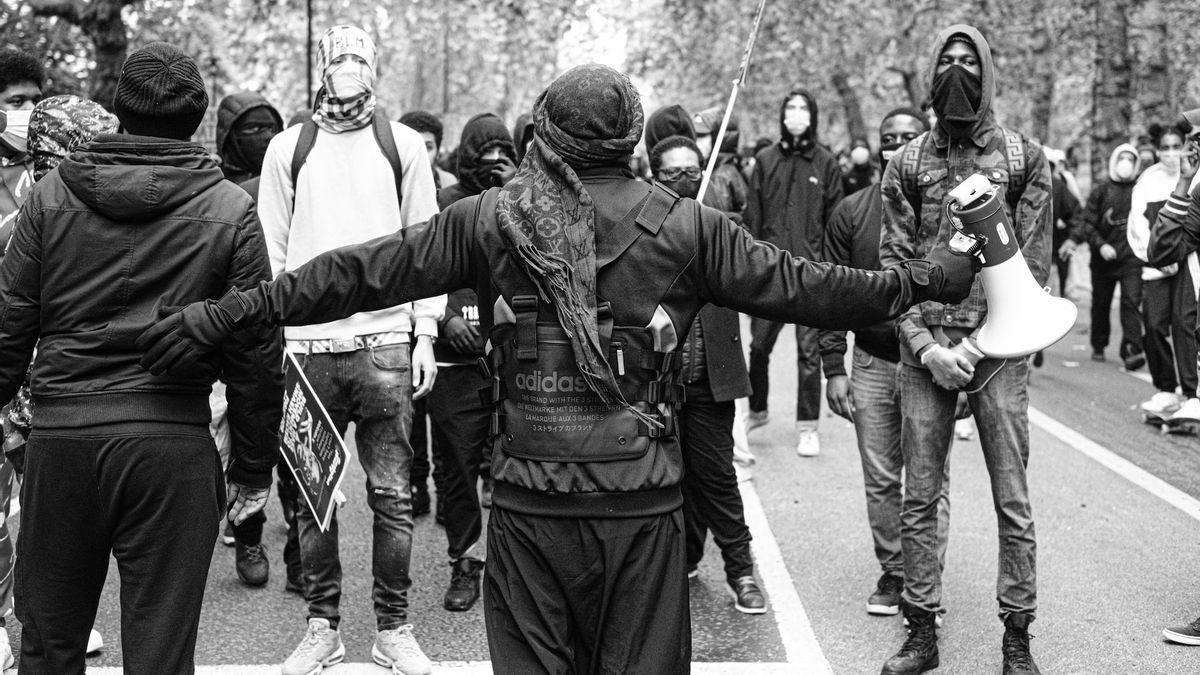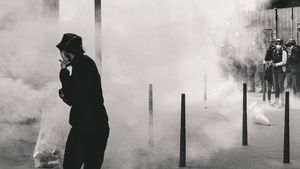YOGYAKARTA - Some time ago, the government proposed changing the term makar in the Prohibition of the Criminal Code (RKUHP) related to article 160 number (8). The proposal was submitted by Deputy Minister of Law and Human Rights Edward Omar Sharif Hiariej in a working meeting with Commission III of the DPR RI at the end of November.
Edward said that treason is the intention to carry out attacks that have been realized by preparing for their actions. Furthermore, he assessed that if the word makar is only interpreted as attacks without being associated with the formulation of other norms in the articles in the law, it will actually lead to a type of legal certainty.
Based on the Big Indonesian Dictionary (KBBI), the word makar has the meaning of rotten sense; magic topu; actions (businesses) with the intention of attacking (killing) people and so on; actions (businesses) bring down a legitimate government. So what is the meaning of treason in the RKUHP?
There are several articles in the Criminal Code Bill that explain the term'makar'. The term maker is contained in Article 87 of the Criminal Code which is written: It is said that there is a treason to commit an act, if the intention to do that, it turns out that from the beginning of the implementation, as referred to in Article 53.
Article 104 of the Criminal Code also contains a meaning of the term treason, which reads: Makar with the intention of killing, or seizing independence, or eliminating the ability of the President or Vice President to rule, is punishable by the death penalty or life imprisonment or imprisonment for a maximum of twenty years.
There is also a meaning of treason in Article 106 of the Criminal Code, which reads: Makar with the intention that all or part of the country's territory are threatened with life imprisonment or imprisonment for a maximum of twenty years.
Makar is also mentioned in Article 107 paragraphs (1) and (2) of the Criminal Code, which reads: Makar with the intention of overthrowing the government, shall be punished with imprisonment for a maximum of fifteen years. and 2) Leaders and managers of treason are mentioned in paragraph 1, threatened with life imprisonment or temporary imprisonment for a maximum of twenty years.
Article 139a and 139b of the Criminal Code also mention the term treason, namely: Makar with the intention of releasing territory or other regions of a friendly country for all or part of the power of the government in power there, is threatened with a maximum imprisonment of five years and Makar with the intention of eliminating or illegally changing the form of government for friendly or other regions, is threatened with a maximum imprisonment of four years.
Article 140 (!) and (3) also contain a sense of treason, namely: 1) Makar against the life or independence of the king who rules or heads of friendly countries, is threatened with a maximum imprisonment of fifteen years and If the act of life is carried out with a plan first resulting in death, being threatened with the death penalty or life imprisonment or imprisonment for a maximum of twenty years.
Article 193 of the Criminal Code also explains the meaning of the term treason, namely: 1. Every person who commits Makar with the intention of overthrowing a legitimate government shall be sentenced to a maximum imprisonment of 12 (twelve) years. 2. The leader or ruler of Makar as referred to in paragraph (1) shall be punished with a maximum imprisonment of 15 (fifteen) years.
The Constitutional Court said that the formulation of treason is the intention and act of the beginning of implementation. There are two elemental requirements that form such a meaning of treason.
Meanwhile, the Constitutional Court said concerns about the definition of treason will be a means of repression by law enforcement officers in the application of norms, not constitutional reasons to remove treason offenses. The reason is because there is often a different perception between law enforcers regarding identifying clear boundaries regarding criminal acts of treason.
That is the explanation of what is treason in the Criminal Code. In the current Criminal Code, the explanation of the definition of treason is not written, so it has the potential to cause multiple interpretations among law experts and law enforcement officials.
Stay up to date with the latest domestic and foreign news on VOI. You present the latest and most recent nationally and internationally.
The English, Chinese, Japanese, Arabic, and French versions are automatically generated by the AI. So there may still be inaccuracies in translating, please always see Indonesian as our main language. (system supported by DigitalSiber.id)













